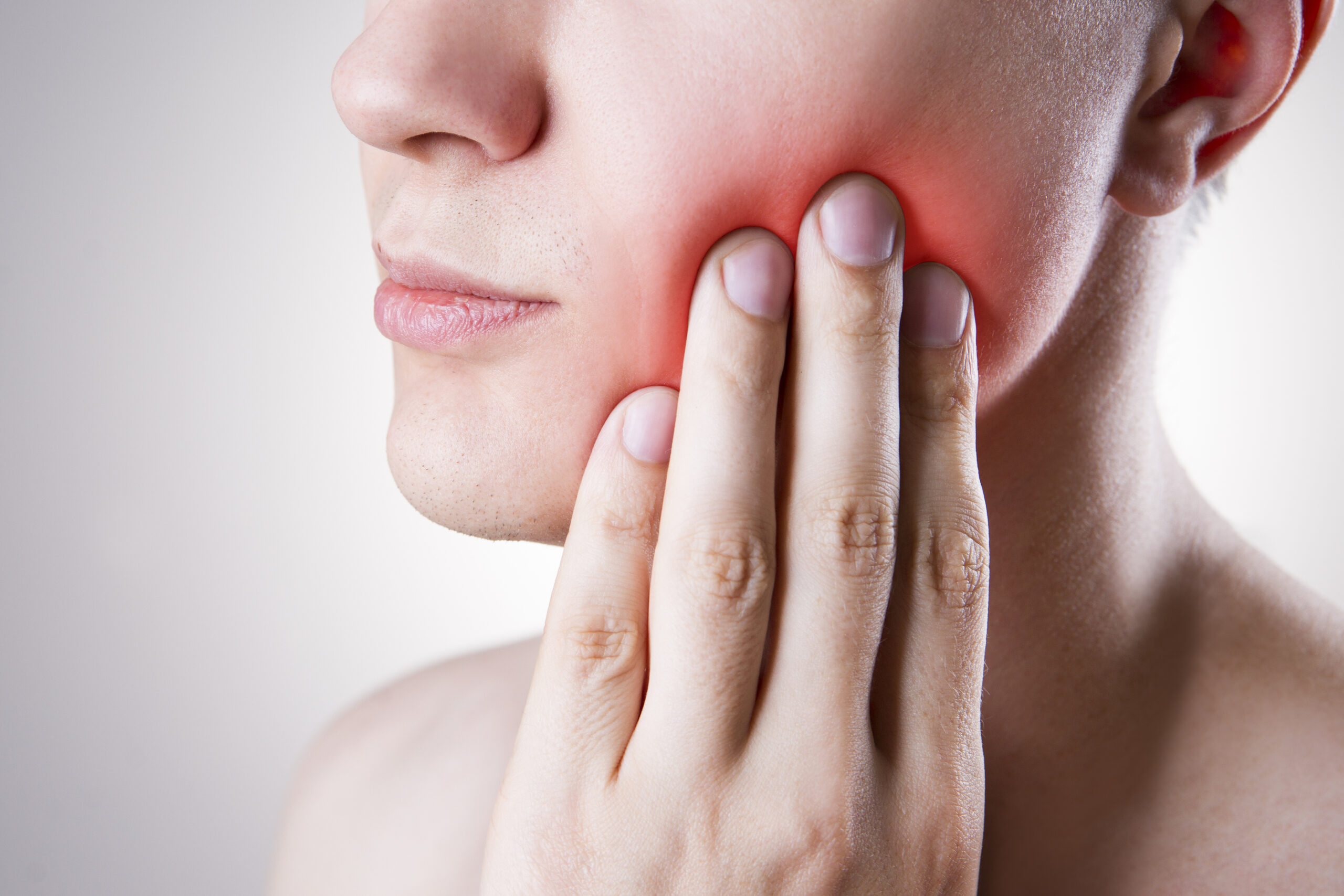Sleeping disorder is one of the fastest-growing health concerns, affecting almost one-third of U.S. adults. [1]
Sleep is a basic human need. Lack of proper sleep can have adverse effects on your health.
Many people rely on sleeping pills for managing sleeping disorders but these may cause serious side effects in long term.
Using lavender oil for sleep is a popular alternative treatment. This natural way of improving the quality of your sleep is safer than OTC sleeping pills. Lavender essential oil is rich in sedative and calming properties that can reduce the symptoms of insomnia and other sleeping disorders. [2]
This article reviews the efficacy and uses of lavender oil for sleep, plus some precautionary tips.
Lavender Oil for Sleep – What Does The Research Say?
There are some potential benefits and uses of lavender essential oil for various conditions. But studies on the efficacy of lavender oil to induce sleep are limited.
An experiment was conducted in 2015 to evaluate the effectiveness of lavender aroma as a treatment for mild insomnia. Ten volunteers attended the trial. They had chosen between a treatment that used lavender oil and a placebo (sweet almond oil). [3]
Those who used lavender oil showed more improvement in their sleeping disorder than others. [3]
In another research, the effects of aromatherapy using lavender oil were evaluated. [4]
67 women aged between 45 and 55 years received aromatherapy using lavender oil for 12 weeks. They showed significant improvement in their quality of sleep. [4]
The volunteers also showed an increase in parasympathetic modulation, as well as positive heart rate variability.
The research was published in The Journal of Science and Healing. Some students with self-reported sleep issues attended that trial. [5]
They were divided into two groups. One group was given a lavender inhalation patch, while others received a placebo. Those who inhaled lavender oil showed improved sleep, energy, and vibrancy. [5]
The Journal of Alternative and Complementary Medicine published another trial report where researchers compared the efficiency of lavender along with sleep hygiene vs. the sleep hygiene alone. [6]
They used the Pittsburgh Sleep Quality Index (PSQI) and the NIH Patient-Reported Outcomes Measurement Information System (PROMIS) to measure a sleep diary, Fitbit tracker, and sleep quality. After two weeks of trial, those who used lavender oil showed better sleep results. Also, they woke up feeling refreshed. [6]
Hospitalized patients often suffer from sleep deprivation. It could be an obstacle in recovering from the disease. A study was published in the American Journal of Critical Care. The researchers tested the effectiveness of aromatherapy using lavender oil in the intermediate care unit. [7]
Those who used lavender aromatherapy showed reduced blood pressure and better sleep compared to the controlled group. [7]
READ MORE: 11 Health Benefits of Lavender Oil That You Should Know
How to Use Lavender Essential Oil for Sleep
There are various ways to use lavender oil for sleep. You can try massage or aromatherapy according to your preference.
Massage
Rub some lavender essential oil on your temple and wrist before you sleep.
Inhalation
Pour some lavender oil into a diffuser and place it beside your bed. You can also inhale the aroma directly from the bottle.
Other Methods
- You can put a few drops of this essential oil on your pillow.
- Add a few drops of lavender oil into your bath water and soak yourself to relax.
Precautions While Using Lavender Oil
- Seek an expert’s guidance on the proper method and amount of using lavender oil.
- If you are taking prescribed medications for insomnia, ask your doctor before using lavender oil. It’s because this oil may have a chemical reaction with those medicines.
- Use lavender oil in the recommended dosage. Excessive usage may cause hormonal disruption.
- Lavender oil is not for oral consumption. If you want to consume lavender, try teas or edible buds.
- Do not put lavender oil around your eyes. Wash with warm water if it accidentally gets into the eyes.
- Store the oil in a cool and dry place.
Additional Tips for a Good Sleep
- Set some rules for you and your family to avoid sleep deprivation, such as no headphones, TV, or stereo before bedtime.
- Eat a small portion of carbs, such as cookies two hours before your bedtime. Carbs help you to fall asleep.
- Avoid eating protein and spicy foods before bedtime.
- Wear comfortable nightwear.
- Avoid consuming too much caffeine.
- Try meditation or yoga.
Conclusion
Insomnia can hamper both your personal and professional life.
You can take a moderate amount of sleeping pills if they are prescribed by your doctor. But don’t become too much dependent on them as they might harm you.
You can try lavender oil aromatherapy or massage for a good night’s sleep. Moreover, bring some positive changes in your lifestyle and diet.
Some physical and mental illnesses can lead to insomnia as well. Essential oils may not be effective in those cases. You must consult with a doctor if you have trouble sleeping due to underlying medical problems.
READ NEXT: 13 Essential Oils For Sleep Disorders: Insomnia, Apnea, Snoring, Paralysis






